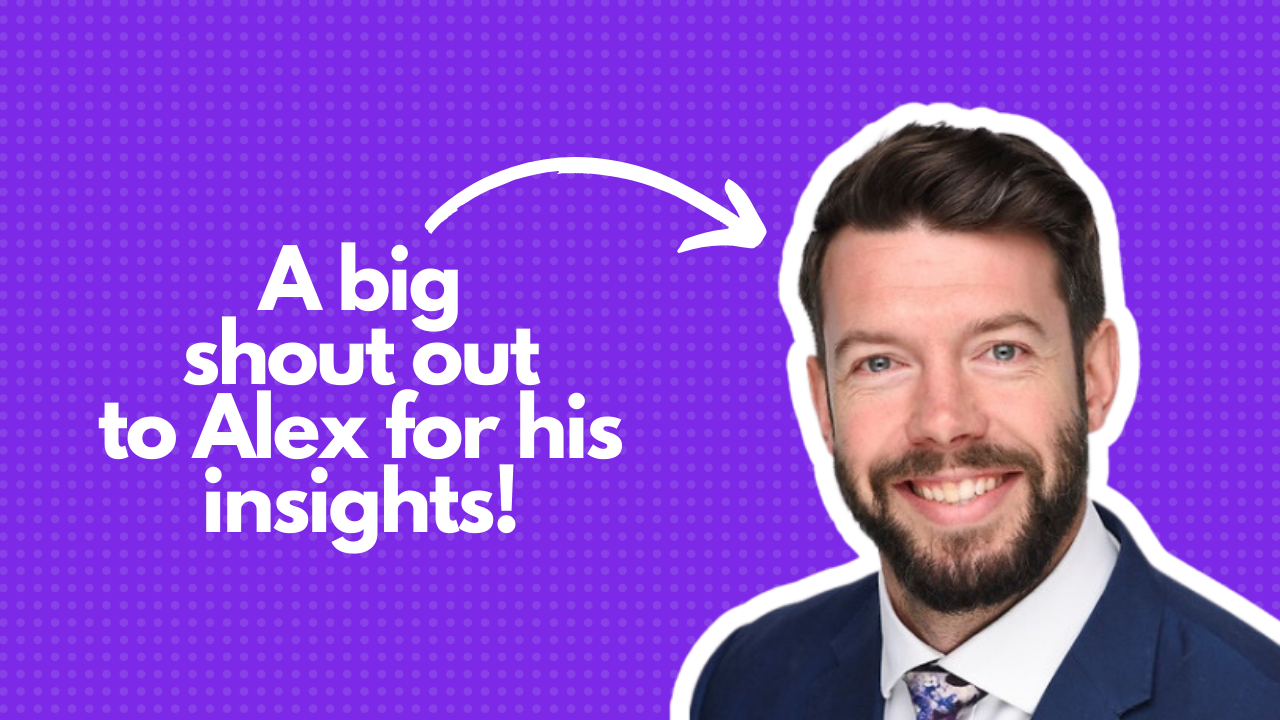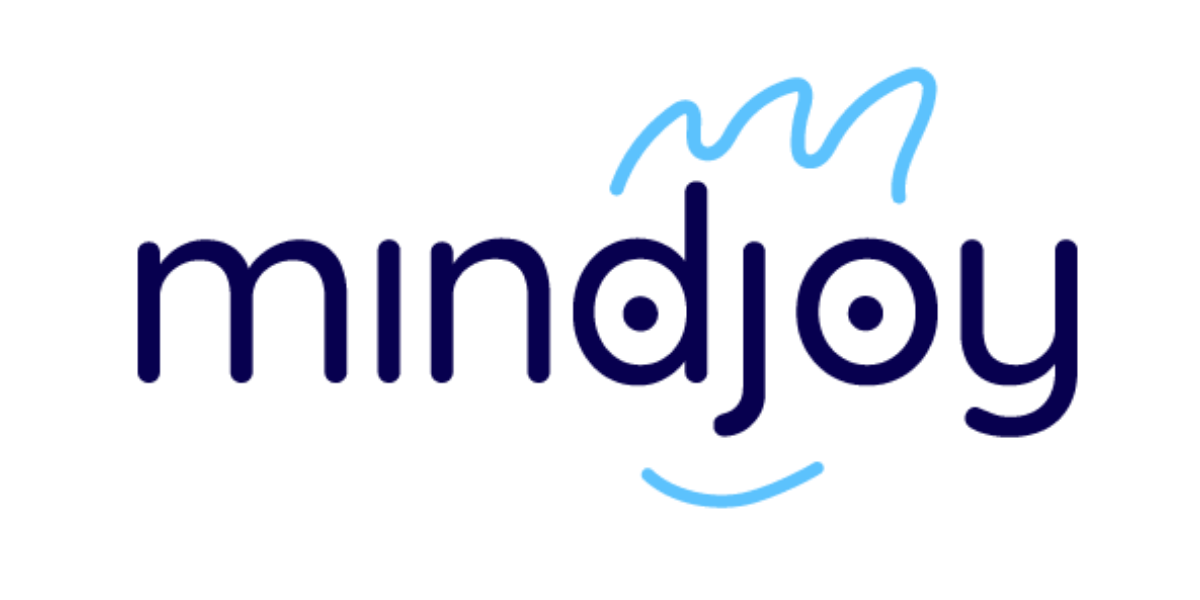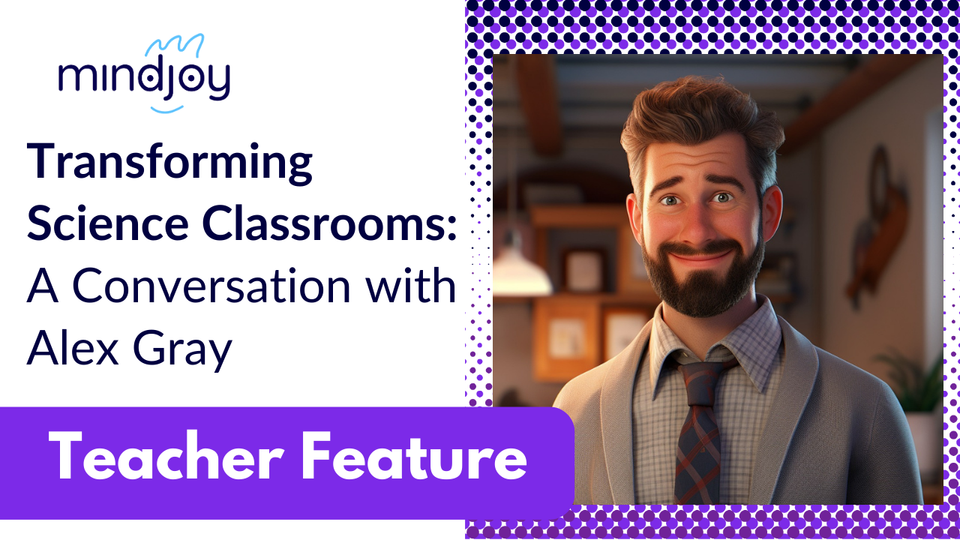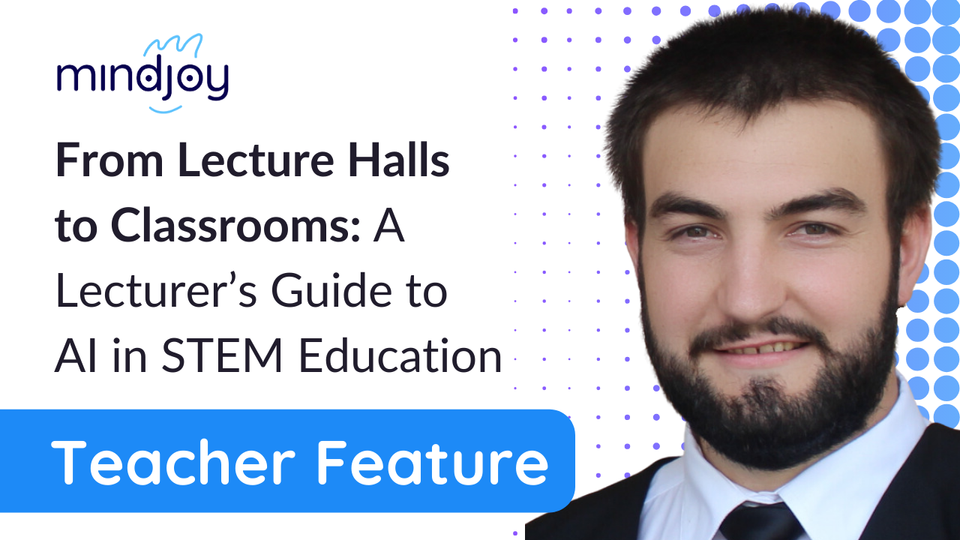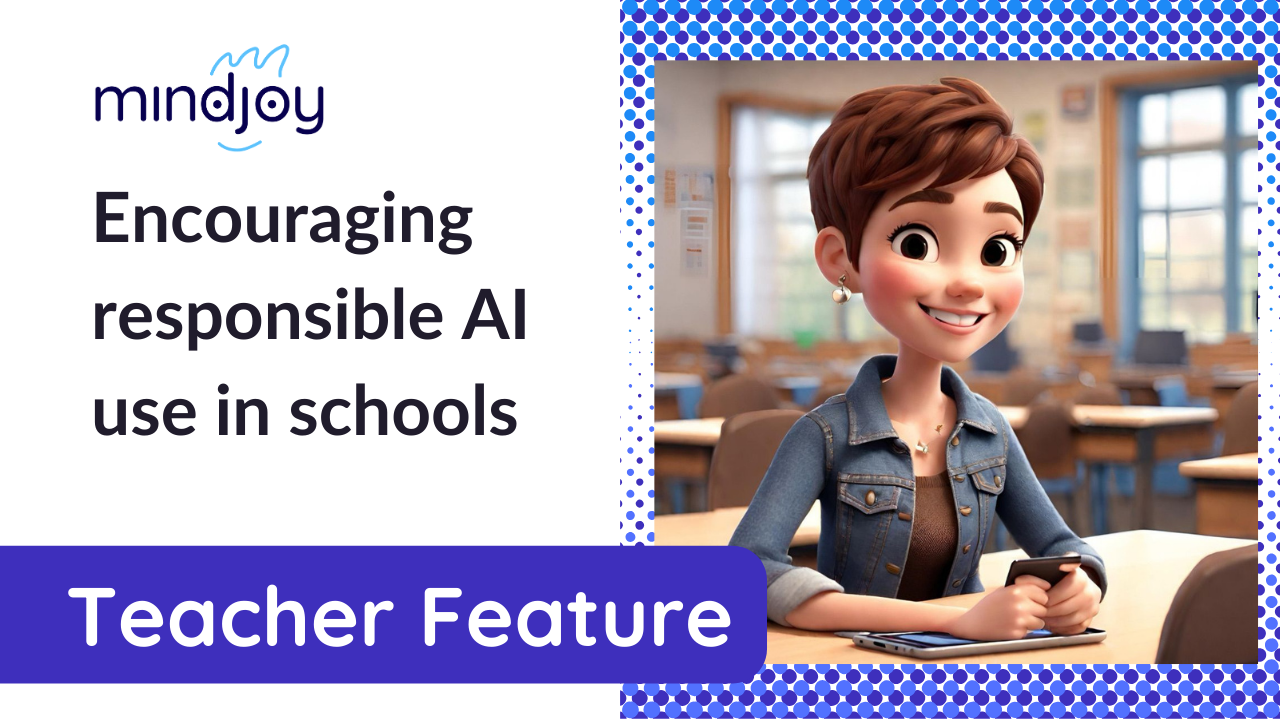Science is a fascinating subject that explores the natural world and its phenomena. However, educators in the modern-era are finding it extremely hard to make Science Education more engaging and relevant for students in the 21st century. A possible solution for this problem, is the use of artificial intelligence (AI).
Mindjoy caught up Alex Gray, who is a dynamic and innovative educator currently inspiring young minds as the Head of Science at Dubai British School. Alex stands at the forefront of educational innovation, as an advocate for integrating technology and AI into teaching and learning, particularly in the realm of STEM subjects.
Drawing from his diverse roles as a scientist, educator, teacher-trainer, content creator, and (although he won’t admit to it) influencer, Alex infuses his teaching with curiosity and real-world connections.
Alex chat to us about:
- Science Education in the UK and Dubai
- Addressing challenges in Science Education
- Essential skills for STEM educators
- His favourite Mindjoy Tutor
- EduSphere: The dream AI tool
Science Education from an international viewpoint
You have taught science both in the UK and Dubai. What are some of the common and different ways of teaching science in these regions, and how do the respective students and teachers generally perceive the subject?
In the UK, science education combines tradition with modern scientific developments. It emphasises foundational knowledge, critical thinking, and analytical skills, often through practical experiments and inquiry-based learning. The curriculum is extensive, covering various topics, and prepares students for standardised exams like GCSEs and A-Levels.
Moving to Dubai, the perspective shifts a bit. The international mix of students and teachers brings a diverse array of teaching methodologies and educational backgrounds into the classroom. There's a strong focus on technology and innovation in science teaching, with schools often equipped with state-of-the-art facilities. There's also an added push towards integrating technology into the learning process. This creates a dynamic and interactive environment for science education.
However, despite these regional differences, there are also striking similarities. In both the UK and Dubai, there's a growing awareness of the importance of science in addressing global challenges, such as climate change and sustainability, and this is reflected in the curriculum and teaching methods. Additionally, in both regions, there's an increasing focus on STEM education, aiming to equip students with the skills needed in the 21st century.
From a student's perspective, I've noticed that irrespective of the region, there's a universal curiosity and eagerness to understand the world around them. However, the approach to learning can differ. In the UK, students often have a more theoretical approach, while in Dubai, the learning experience can be more application-based, given the emphasis on technology and innovation.
Interesting, so what practises from Dubai's approach would you recommend to educators in other parts of the world?
Advanced technology integration
First up, technology is huge in Dubai's classrooms. They're all about integrating the latest digital tools, from interactive whiteboards to virtual reality setups. It's not just about the wow factor; these tools make complex scientific concepts way more accessible and engaging. Imagine bringing a virtual lab into your classroom, where students can conduct experiments without the usual limitations.
Diverse teaching methods
Then, there's the diversity in teaching methods. In Dubai, you've got students from all over the world, so teachers have become pros at mixing up their strategies. They're not just sticking to one way of teaching; they're constantly adapting, whether it’s through group discussions, hands-on experiments, or multimedia presentations. This approach is something any classroom, anywhere, could benefit from – it keeps things fresh and caters to different learning approaches.
Real-world connections in science teaching
And let's not forget the real-world connections. Science teaching in Dubai isn't just theoretical; it’s very much about linking what’s in the textbook to what’s happening outside. Projects often focus on current issues, like sustainability or renewable energy. This not only makes learning more relevant but also teaches students to think about how they can use their knowledge to tackle real challenges.
Collaborative learning
Collaborative learning is another big thing. Group projects, peer reviews, you name it. It's all about getting students to work together, share ideas, and learn from each other. This kind of teamwork is a skill in itself, and it’s something that students can take with them beyond the classroom.
Continuous learning – for teachers
Finally, there’s a strong emphasis on continuous learning for teachers. Keeping up with the latest in science and teaching methods means teachers are always bringing something new and exciting to the table.
The more we can link science to the real world, the more [young people] will see its value.
What do you see as some of the biggest challenges currently facing STEM Education and how do you envision those challenges being addressed?
Top of the list I would say the challenges are:
- Keeping science relevant and engaging for students.
- The access to resources.
- The challenge of keeping up with the pace of scientific advancement.
Allow me to explain…
Science can sometimes be seen as facts and formulas, which can be boring for students. The trick is to make it relatable. Show them how science is part of their everyday life, from the phone in their hand to the climate changes they hear about. The more we can link science to the real world, the more they'll see its value.
On the point of access to resources, not every school has the latest lab equipment or tech tools. This can make teaching and learning science a struggle. Addressing this is all about getting creative with what you have and leveraging technology, like using virtual labs or online resources. It's also where partnerships with local businesses or universities can come into play, to give students a taste of cutting-edge science.
Then there's the challenge of keeping up with the pace of scientific advancement. Science is always evolving. What we knew yesterday might change tomorrow. Teachers need ongoing professional development to stay on top of this. This means regular training and staying connected with the scientific community.
Can you give an example of how you've addressed one of these challenges?
I noticed that in my classroom, a lot of students just couldn’t see the connection between what we were learning and the real world. So, I started to build in real world problem tasks for them to research and attempt to solve collaboratively. It’s been a slow burner, but their conversations regarding the topic are starting to show that they have more knowledge about real world applications and how science is applied.
It's not just about conveying complex STEM concepts in an understandable way; it's also about engaging students effectively.
What do you think are the top 5 crucial skills for STEM educators to develop, in order to thrive in a future increasingly shaped by technology and AI?
Firstly, strong communication and listening skills are essential. It's not just about conveying complex STEM concepts in an understandable way; it's also about engaging students effectively using a mix of verbal, visual, and digital communication. Tailoring messages to suit diverse audiences is key. Equally important is active and empathetic listening, which helps in understanding students' needs, interests, and providing them with meaningful feedback.
A deep passion for STEM subjects is another vital skill. Educators should be genuinely enthusiastic about their field, showing students the relevance and excitement of STEM. This passion is what drives the inspiration and motivation for students, encouraging them to explore STEM careers and embrace lifelong learning.
Flexibility and adaptability are also critical. The STEM field is ever-changing, so educators need to stay open to new ideas, teaching methods, and technologies. It’s about being willing to experiment, innovate, and adjust teaching strategies based on student feedback and learning outcomes.
Then there's the importance of collaboration and teamwork. Effective teamwork within and outside their disciplines is crucial. Creating a cooperative learning environment encourages students to learn from each other and work together on problem-solving. Also, building and maintaining a professional network with peers, mentors, and industry partners is invaluable.
Lastly, critical thinking and problem-solving skills stand out. STEM educators should be able to apply their knowledge creatively to solve complex and novel problems. This involves integrating information from various sources, using appropriate tools and techniques for solution generation, and reflecting on their own thought and learning processes for continuous improvement.
These skills are not just beneficial for the educators' professional growth but are pivotal in enhancing their students' learning experiences. I believe that by developing these competencies, STEM educators are better equipped to guide their students through the exciting yet challenging terrain of the 21st century, marked by rapid advancements in technology and AI.
The power of engagement and connection: Alex's teacher superpower
What do you consider to be your “teacher superpower”
I’ve always been great at building rapport with students. My mum often remarked that I had a “quick mouth” and I guess that helps when thinking on my feet in the classroom. I've also discovered a knack for content creation, whether it's on YouTube or, more recently, TikTok. The students really enjoy my presence on social media and the persona I portray there.
You interestingly have experience as a scientist, educator, teacher trainer, content creator, and influencer. how have these different roles influenced your approach to teaching and learning?
Well, starting off as a scientist, it's all about being curious and questioning everything. I've brought that same vibe into the classroom. It's like, 'Hey, let's not just accept things at face-value. Let's dig deeper, experiment, and see what the data tells us.' I love encouraging that kind of detective mindset in my students and developing inquiry based learning activities.
As an educator, it's been hands-on with students day in, day out. This has really grounded me. I've learned it's not just what you teach, but how you connect with your students that’s important. So I try to make every lesson relatable, so that students can see where the science we learn is applied in the world around us.
On the teacher training front – I got into that from learning to be a rugby coach and getting my badges. It's one thing to teach kids; it's another to teach adults…especially teachers! It's pushed me to really understand the 'why' behind what we do and connect that with how adults learn. And it’s actually because of that I got into content creation. I was looking to stack my interests and needs of professional development and videography during the pandemic, and like many I ended up on YouTube. This has allowed me to connect with educators all around the globe.
Lastly, I would never consider myself an influencer, but I would like to think I have a good connection with those who choose to follow me or interact with my content. I’m very much about value, so as long as they find value in it and can use it to enhance their performance, that makes me happy.
Overall, each role has been adding a new flavour to my teaching recipe. It's never dull, and I like to think that it keeps my students on their toes!
The connection between AI and Science Education
What is your favourite Mindjoy Tutor you’ve created?
The Tutor’s name is Professor Faraday.
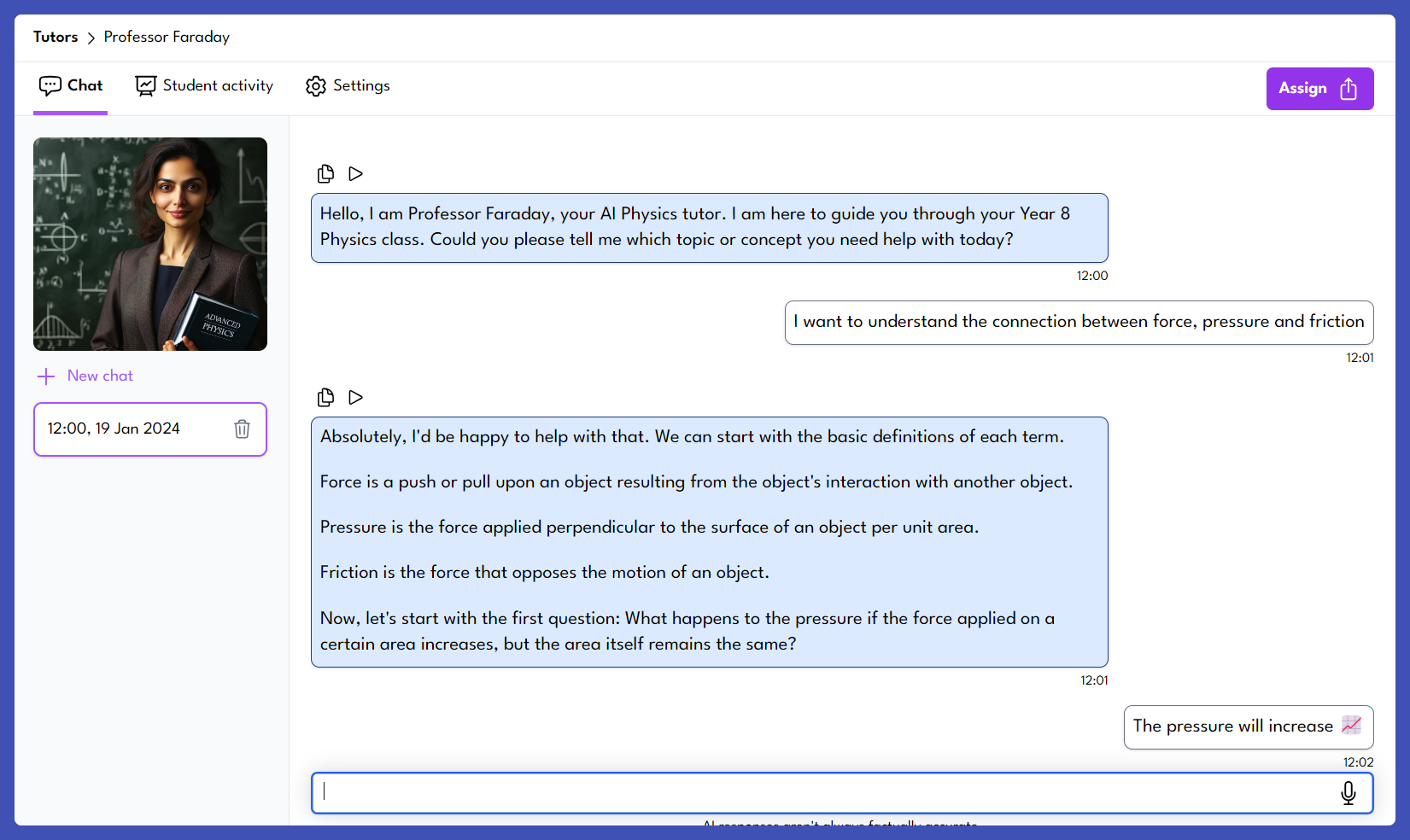
Oh, cool! What makes this Tutor stand out and what impact is it having in the classroom?
She, as the name suggests, is a specialist Physics tutor. She is helping my Year 8 Physics class through their PBL unit. Her ability to assist and provide relevant detailed answers to the students has helped them with their independence and learning through the topic.
Out of interest, if you could create a fantastical AI tool or feature, completely unconstrained by current technology, what would it be and how would it transform the classroom experience?
Haha, okay. Here’s the pitch:
Meet “The EduSphere" - a ground-breaking, immersive AI-driven learning environment. Here's how it would work and transform the classroom experience:
- Fully Immersive 3D Learning Environments: The Edusphere uses advanced holographic technology to create interactive, life-sized models for engaging and intuitive learning experiences.
- Personalised Learning Avatars: Each student would have a personalised AI learning avatar which acts as a private tutor, offering personalised lessons and support based on individual learning preferences and needs.
- Real-Time Language Translation and Accessibility: The EduSphere features built-in AI for instant language translation and includes accessibility options for all learners, including those with disabilities, promoting inclusivity.
- Global Classroom Connectivity: The tool connects classrooms worldwide in real-time, enabling international collaboration and cultural exchange among students.
- AI-Powered Curriculum Development: It actively assists educators in creating dynamic, up-to-date curricula by analysing trends, scientific discoveries, and global events for content relevance.
- Gamified Learning with Real-World Problem Solving: Lastly, The EduSphere incorporates game-like experiences to engage students in solving real-world challenges, such as climate change or economic issues, in a virtual environment.
Well, there you have it folks…
In the ever-evolving world of education, teachers like Alex are at the forefront of integrating innovative technologies into their teaching methods and bringing a unique perspective to the discussion of AI in education. His story is one of inspiration and forward-thinking, offering a glimpse into the future of STEM learning.
If you're a K-12 STEM educator looking to add the power of AI to your classroom, Mindjoy is the tool you need! Visit our website now to sign up for priority access!
